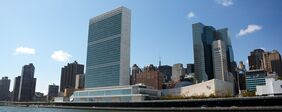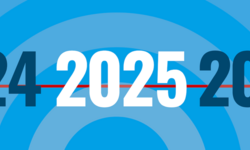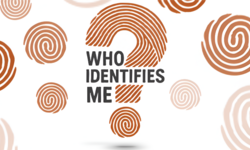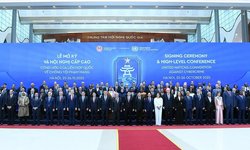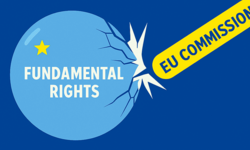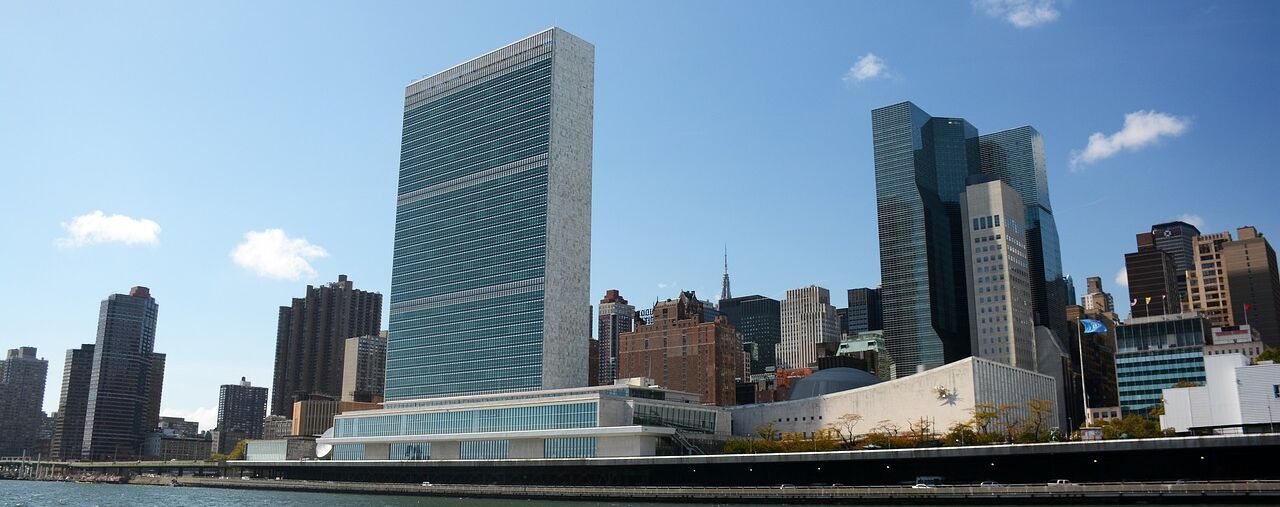
UN Cybercrime Convention: Sleepless in New York
For almost 2 years, we’ve been closely following the development of the United Nations’ worldwide treaty to combat Cybercrime. During this time, we joined negotiations in Vienna and New York, organised side events and press briefings, raised our concerns in the UN plenary and joined forces with other civil society organisations and even industry to fight for a treaty that protects us instead of introducing new threats.
A New Surveillance Treaty
Alarmingly, however, the current draft not only fails to meet its purpose of reducing cybercrime. It even risks making us less safe and more vulnerable to cybercrime while criminalising good-faith actors like IT security researchers.
Even the United Nations High Commissioner for Human Rights is alarmed about this surveillance treaty.
This dangerous, worldwide contract would enable governments around the world with dangerous new spying capabilities and give repressive regimes even more tools to persecute unwelcome individuals like critical journalists, whistleblowers, activists or human rights defenders.
Time is Short ...
… and the stakes are high. The UN member states only have one week left to come to an agreement. We seriously urge the delegations to fix critical flaws and make the Cybercrime Convention compliant with human rights standards, actually protecting people’s privacy and safety online.
This is only possible with the following changes:
-
Narrow the scope of the treaty: The current draft does not explicitly define “cybercrime”. It would also apply to any criminal activity that is conducted online (but doesn’t necessarily require the use of a computer). The scope must be narrowed down to cyber-dependend crimes, to ensure legal certainty and minimize potential abuse.
-
Protect Good-Faith Actors: The convention needs to include references to criminal intent and harm caused, to avoid excessive criminalisation and protect security researchers, whistleblower, activists or even journalists.
-
Include human rights safeguards: Unlawful human rights limitations must be prevented by ensuring a common understanding of fundamental rights and freedoms. Minimal conditions and safeguards as established under international human rights law must be included.
-
Limit surveillance powers: Excessive surveillance measures will open the door for privacy interventions without sufficient safeguards. They are undermining cybersecurity and encryption and the corresponding articles must be deleted from the treaty.
-
Regulate international cooperation: The scope of international cooperation needs to be limited to specific investigations with explicit data protection and human rights safeguards to avoid misuse.
In our joint open letter, we also made these points clear to the European Commission and the EU Member States:
If theses critical changes are not implemented, the convention would effectively become a global surveillance treaty, threatening human rights around the world and potentially paving the way for a new era of cross-border repression.
The Dark Outlook of a Potential Surveillance Treaty
High-ranking experts and a journalist affected by spyware also highlighted the critical need for immediate action in a media briefing that we organised together with a coalition of fundamental rights NGOs from around the world:
Delegations Must Reject the Treaty
It’s time for UN Member States to remember that they are not obliged to accept this treaty but rather adhere to international human rights standards. Given the tight timeline, which makes a comprehensive revision of the draft’s problematic areas highly unlikely, we firmly urge delegations to reject the treaty.
Since you're here
… we have a small favour to ask. When governments constantly demand new surveillance measures, collect more and more data about us, or when corporations increase their profits at our expense, we start campaigns, write analyses or demand our rights in the courts. For all of this we need your support. Help us form a strong voice for civil society!
Donate Now!
